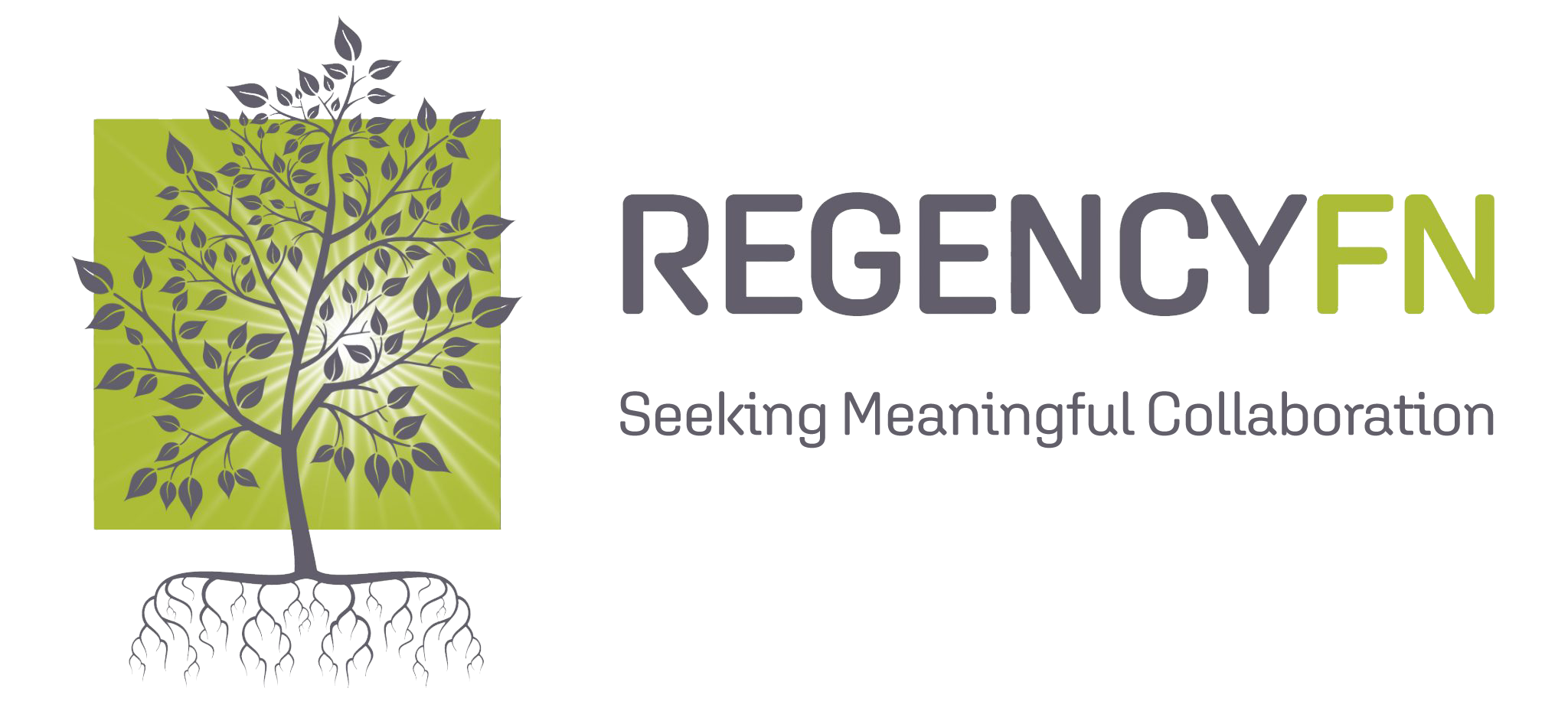Schools
Learners Reached
Educators Trained
Parents Reached
The feedback by parents and students is Amazing
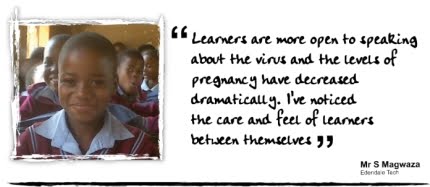
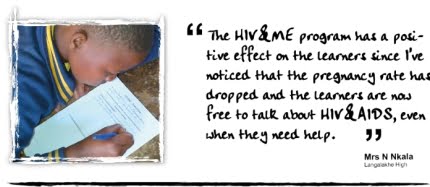
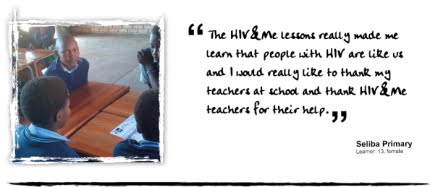
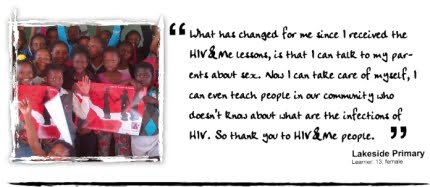
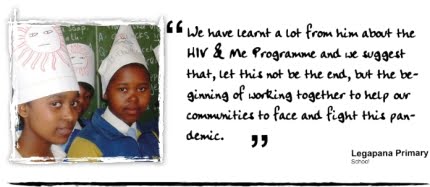
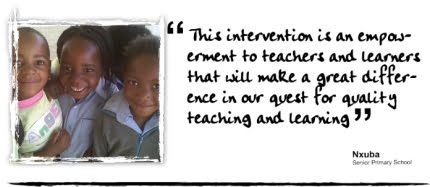
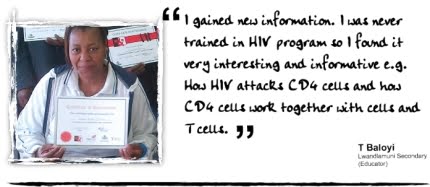
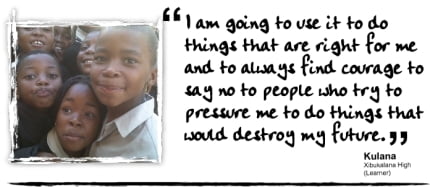
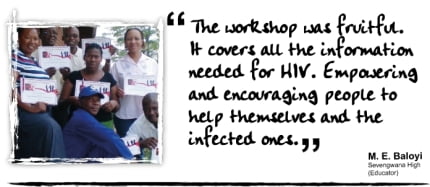
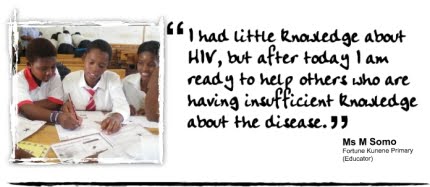
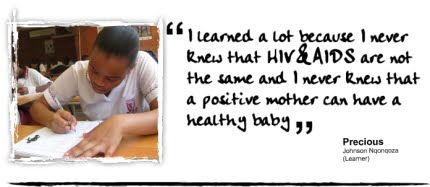
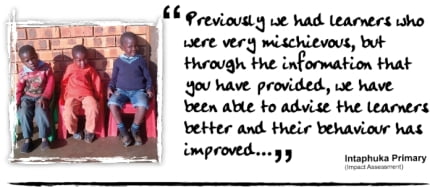
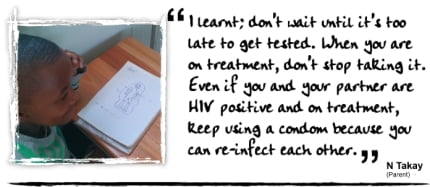
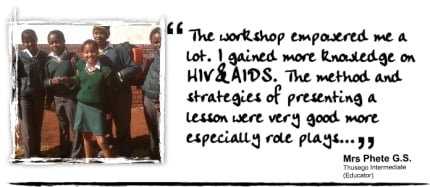
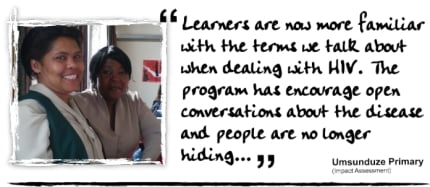
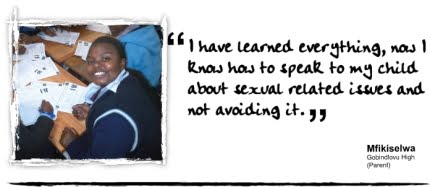
What new information did you learn today?
Independent Impact Assessment for BHP Billiton Manganese
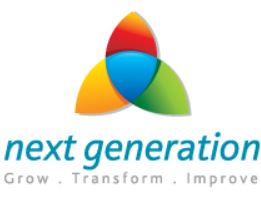
ResponsibleME is an excellent benchmark in the health-focus area. The design and the management of the programme
ensures that the impact is far-reaching with high business returns for BHP Billiton Metalloys South Africa.
It is important to note that the impact and return of this programme places it in the strategic category, whereas the impact achieved
by the other programmes places them in a ‘charitable’ category. This is an important observation and learning as it indicates
the vast differences between high impact and high return programmes.
It also gives a clear indication of how lower-scored
programmes must be redesigned to increase impact and return. If BHP Billiton decides to have a donations-type portfolio, this is
understandable as there will also be a need for such support. However, if the objective is to improve the quality of life as it pertains
to the health of communities in the Sedibeng district then it is clear that these programmes need to be exited and new programmes
either found through a public call for proposals (reactive funding) or BHP Billiton must design its own flagship programme. But
having only one programme in the health portfolio at this point that delivers both high impact and high return is
concerning as the impact on the quality of health of communities may not be sufficient.
Out of all the programmes funded – your programme yielded the highest community impact of all
and is rated number one. Not only that, but in the health portfolio you also yielded the highest
return for the company.
Riana Rossouw – Next Generation
Feedback from schools
From our feedback it becomes clear that the limited engagement of an 8 lesson program has a profound impact on the way these youths (particularly girls) view the world and themselves and the way they operate in it. Our job is to reinforce that messaging, and to make sure that they have the confidence and the skills to continue feeling in charge of their lives.
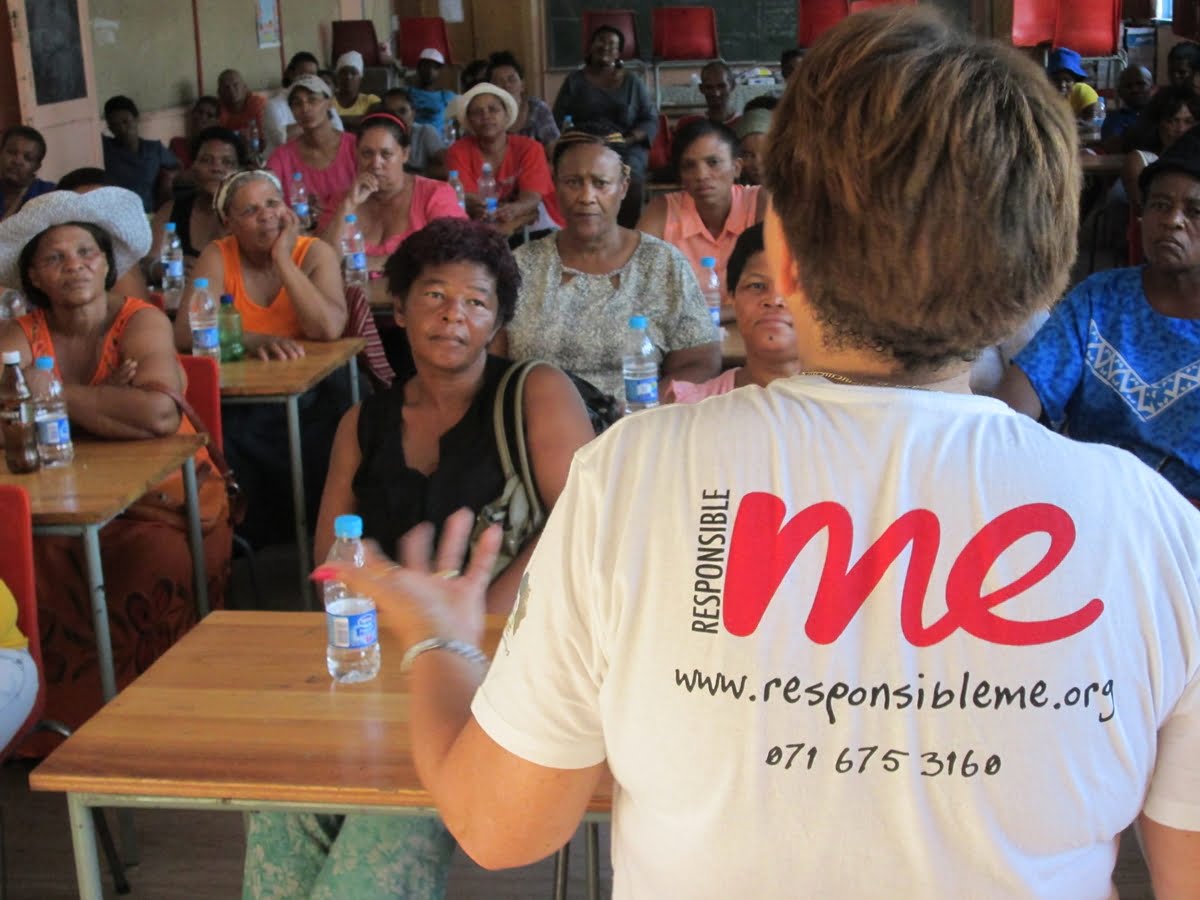
We structure the monitoring and evaluation of our programs through the following methods:
- Pre and post implementation KAP surveys with learners to review changes in Knowledge, Attitude and intended Practice
- Telephonic support and monitoring of in-classroom lesson delivery
- Workshop evaluation with educators on training workshop, program content, methodology and facilitator competence
- Qualitative feedback from learners, educators and school management
- Interviews and focus groups with learners, educators and school management
- Impact assessment through stakeholder indicator analysis
- 83% of learners said that after attending the lessons, they understood that girls can also carry condoms and think it’s a good thing
- 85% of learners reported a willingness to encourage others to learn about HIV&AIDS
- 78% of learners felt more confident to ask a partner to use a condom
- 81% of learners felt more confident about taking an HIV test
- After attending ResponsibleME lessons, 90% of learners felt more confident to say “no” to sex
As a result, the following statistics show the success of our various programs:
From the educator’s perspective, the response to the program has been excellent as evidenced by an overall workshop satisfaction rating of 94.5%, a 91.4% rating on content and 95.8% rating on facilitator knowledge and style. On a qualitative level, educators show an appreciation for the knowledge, skills and content required to train learners and the opportunity for them to share their own personal fears in a safe, open and informative environment.
